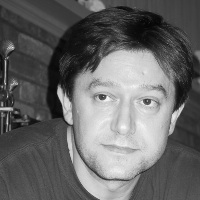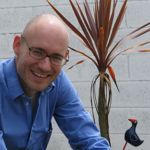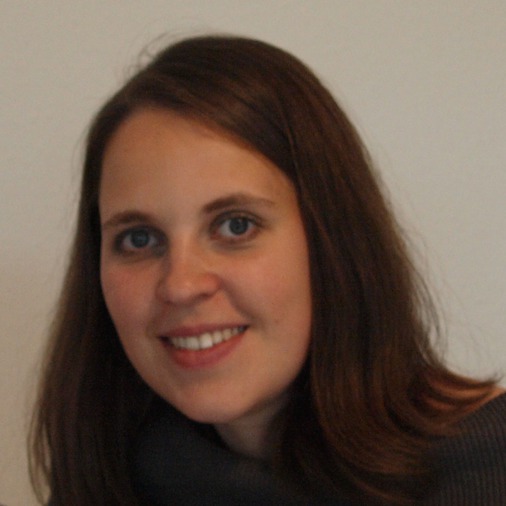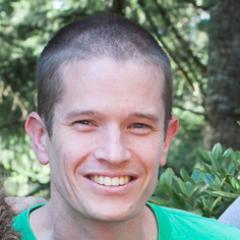Schedule
Each day will consist of morning sessions devoted to learning
fundamentals of computational astronomy, and afternoon sessions
devoted to unstructured research, hacking, and collaboration,
with the potential
for informal breakout sessions on special topics of interest.
We will be making use of the textbook Statistics, Data Mining, and Machine Learning in Astronomy by Ivezić, Connolly, VanderPlas, and Gray. It is not required, but we encourage you to bring a copy if you have it!
The following is an initial draft of the schedule; there will likely be
modifications made in the weeks leading up to the conference.
Monday, September 15th
| 9:00am-9:30am |
Coffee |
9:30am-12:00pm |
Scientific Computing with Python
- Interactive Computing & Reproducible Research with IPython
- Effective Computing with NumPy
- Visualization with Matplotlib
- Exploring computational tools available in SciPy
|
| 12:00pm-12:30pm |
Hack Idea Intros |
| 12:30pm-1:30pm |
Lunch on-site |
| 1:30pm-5:30pm |
Hack time & Breakouts |
| 5:30pm-6:00pm |
Daily Wrap-up |
Tuesday, September 16th
| 9:00am-9:30am |
Coffee |
9:30am-12:30pm |
Classical Statistics & Modeling
- Intro to classical probability theory
- Maximum likelihood Optimization & Uncertainty Quantification
- Goodness of Fit and Hypothesis Testing
- Confidence Estimates using Bootstrap
|
| 12:30pm-1:30pm |
Lunch on-site |
| 1:30pm-5:30pm |
Hack time & Breakouts |
| 5:30pm-6:00pm |
Daily Wrap-up |
Wednesday, September 17th
| 9:00am-9:30am |
Coffee |
9:30am-12:30pm |
Bayesian Statistics & Modeling
- Bayes' Theorem and Bayesian probability
- Bayesian Priors
- Posterior optimization, marginalization, and Uncertainty Quantification
- Hypothesis Testing
- Intro to Markov Chain Monte Carlo (MCMC) sampling
|
| 12:30pm-1:30pm |
Lunch on-site |
| 1:30pm-5:30pm |
Hack time & Breakouts |
| 5:30pm-6:00pm |
Daily Wrap-up |
Thursday, September 18th
| 9:00am-9:30am |
Coffee |
9:30am-12:30pm |
Supervised Machine Learning & Model Fitting
- Supervised Machine Learning: Classification vs Regression
- A survey of Classification techniques
- A survey of Regression techniques
|
| 12:30pm-1:30pm |
Lunch on-site |
| 1:30pm-5:30pm |
Hack time & Breakouts |
| 5:30pm-6:00pm |
Daily Wrap-up |
| 7:00pm-late |
off-site dinner and hackathon |
Friday, September 19th
| 9:00am-9:30am |
Coffee |
9:30am-12:30pm |
Unsupervised Machine Learning & Data Mining
- Dimensionality Reduction Algorithms
- Clustering Algorithms
- Density Estimation Algorithms
|
| 12:30pm-1:30pm |
Lunch on-site |
| 1:30pm-5:00pm |
Hack time & Breakouts |
| 5:00pm-6:00pm |
Week Wrap-up |
Because of the unique and unstructured nature of this hack week, we
suggest that you come prepared! Come with a project in mind, with data
to explore, with a colleague to collaborate with. This should not be a
week away from work, but a week to try some new approaches to your
current research topic!












